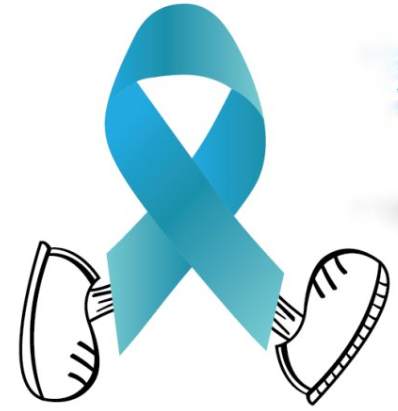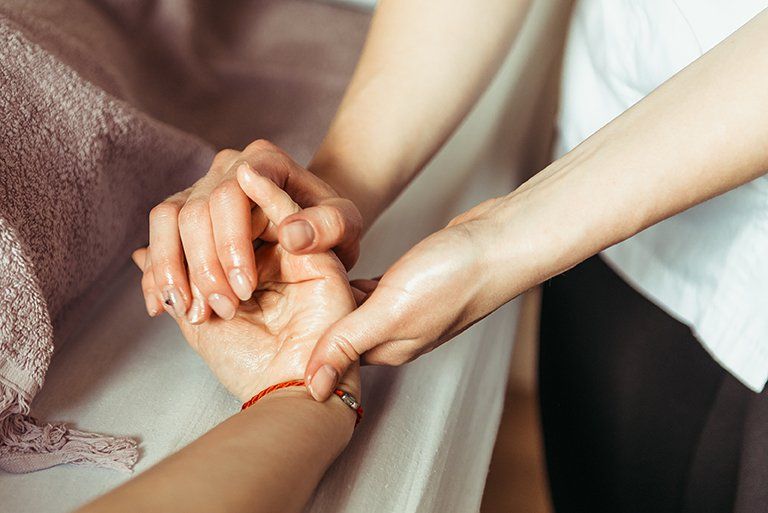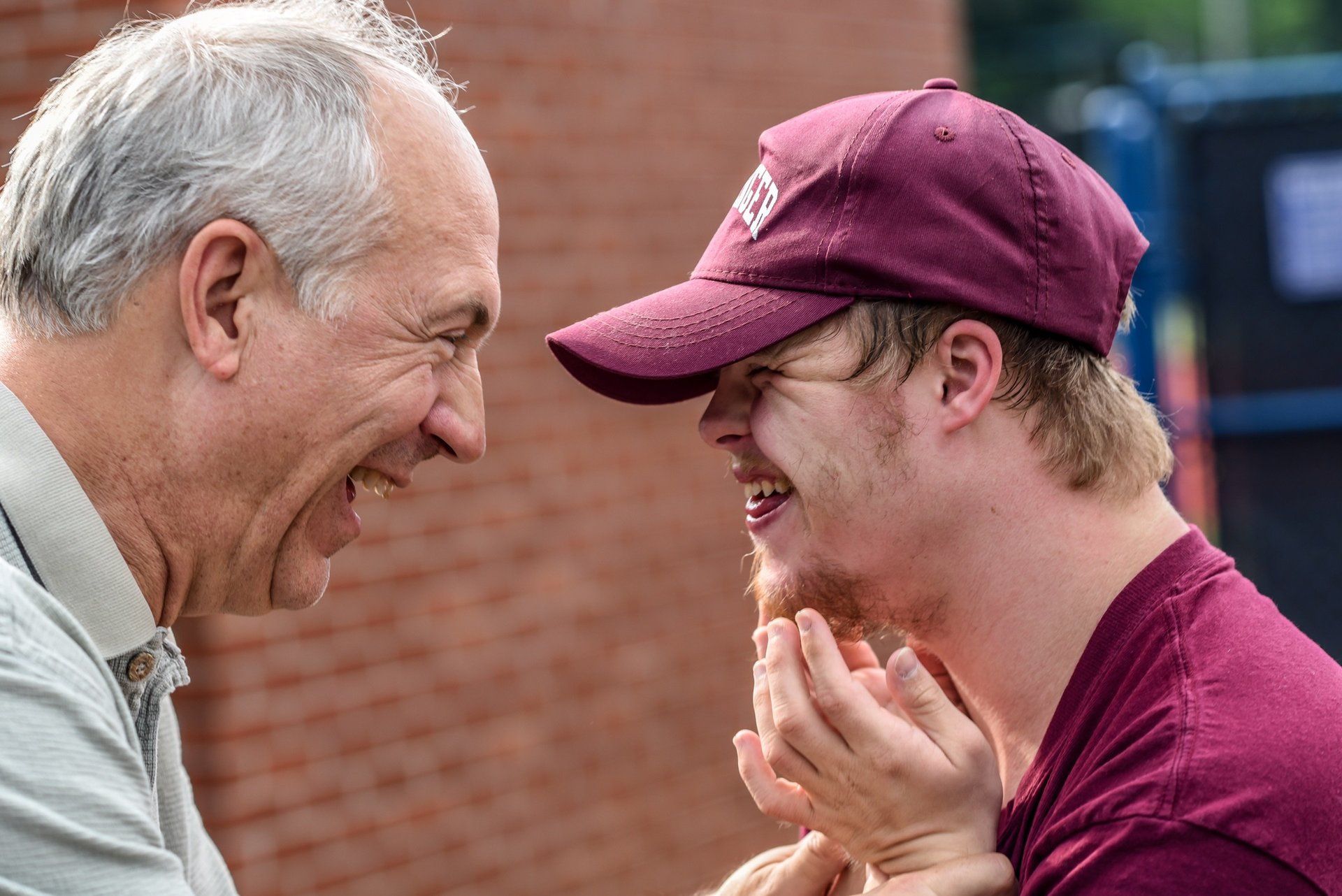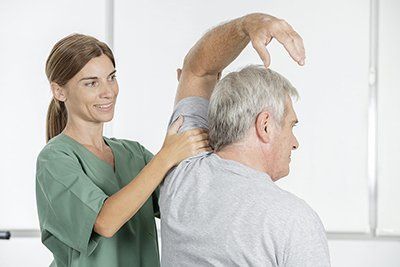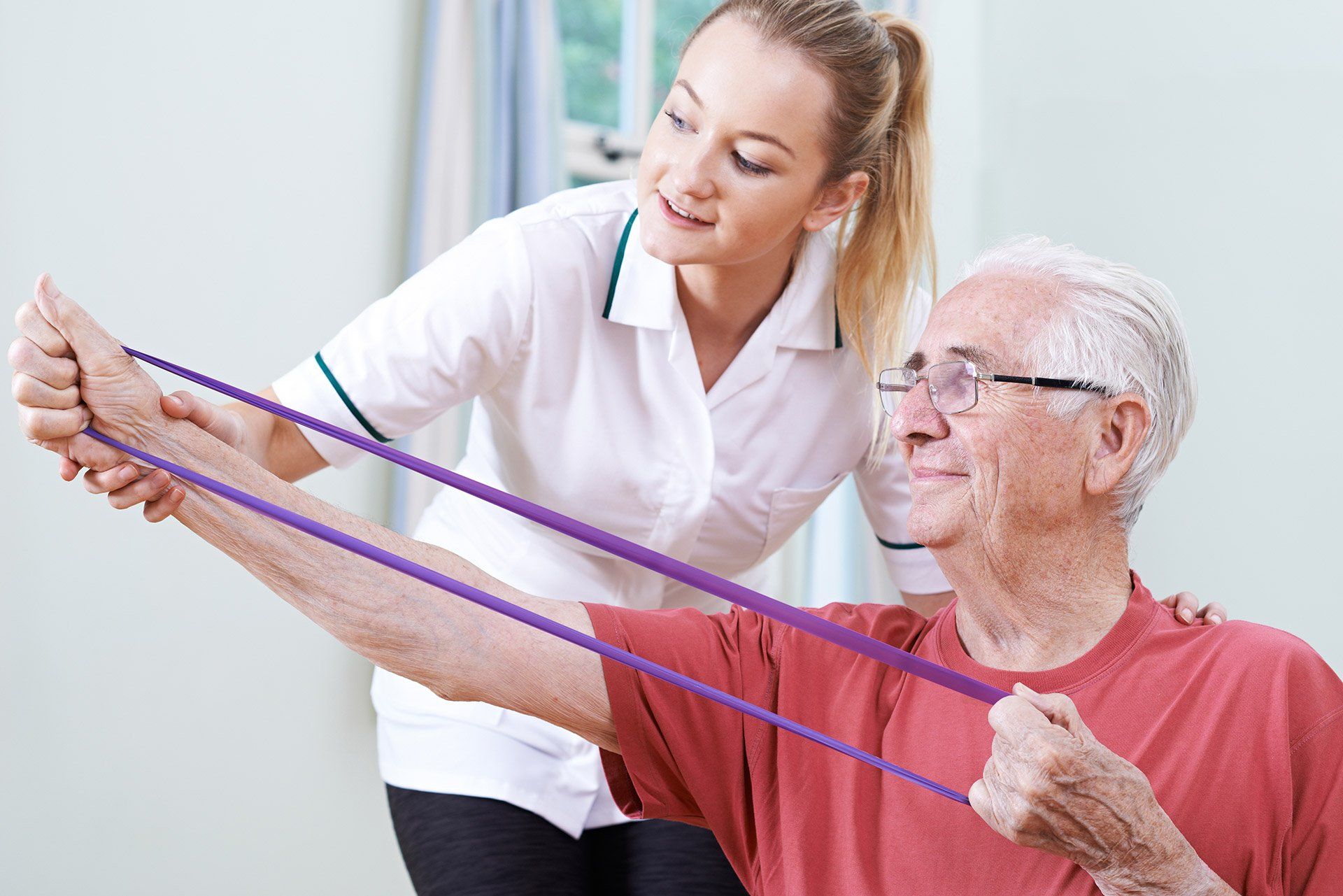From Survive to Thrive!
Get the care you need from a dedicated, caring and certified cancer Physio & Healthcare team
BOOK AN APPOINTMENTDedicated to your Good health
- Pain Relief (spinal, nerve, headaches etc.)
- Exercise as Medicine
- Reduction of Side-effects of cancer treatment (neuropathy, pain, weakness, fatigue, lymphoedema, )
- Scar Tissue Management
- Incontinence
- Post Op Rehabilitation
- Lymphoedema management
- Fatigue + mood management
- Return to work, sport and life!
Contact Us
Cancer Physiotherapy Services
Just some of the ways we can help YOU at any stage of your Journey...
Pain Relief
We employ an array of Safe and Evidence Based Interventions that can help with Cancer Pain of all stages.
Lymphoedema Management
Relief from swelling when lymph nodes removed/affected through massage, vibration therapy, low level laser therapy and exercise
All Ages + Stages Cancer Care
Physiotherapy can help ease the discomforts associated with Cancer at any stage from diagnosis to years down the track
Meet the Team
Adam Atherton
Want to talk to a Cancer physio?Make an Enquiry - get your journey started
Thrive
Tips
Advice, recommendations, information

Receiving the news that you (or someone close to you) has advanced or palliative cancer:
A: Is devastating
B: Hard to comprehend
C: Earth shattering
D: Comes with a wide range of emotions and thoughts (for you and your family/friends)
E: All of the above + more
Let’s just acknowledge for a moment that no-one else can understand exactly what you are feeling in a time that words can often not do enough to describe, especially in the short term just after you have learnt of disease progression. Now tough question – what are the things you would like to be able to continue to be able to do, for as long as possible, and hopefully right through to the end? Could it perhaps be being able to spend time with family - children or grandchildren? Being able to walk around the lake or along the beach? To continue working full time or travel? Or perhaps to get out for coffee regularly with a close friend?
Is there anything you can do to help maintain your ability to do these things that mean the most to you to improve your quality of life?
The answer is YES – and one of those things is EXERCISE!
I’m sure that’s just what you thought you would love to do right now. So how can it help, and why should you spend any valuable time exercising?
Exercise rehabilitation has been shown to be effective in improving:
- Strength
- Physical and daily functioning
- Social functioning
- Independence
- Emotional wellbeing
- Quality of life
- Reducing fatigue!
- A sense of meaning
- Positive involvement in your own health/reclaiming some control
A third of cancer patient’s reduction in physical functioning is due to physical inactivity – the less you do, the less you are capable of doing. Muscles can waste very quickly due to cancer and it really is much easier to maintain your strength and function that it is to try to regain it once lost so it is worth doing even before you notice any physical decline.
Exercise rehabilitation with your physiotherapist could involve tailored physical exercise (which could start from as little as 5 minutes per day) such as going for a walk, gentle Pilates based exercises, getting into the gym – whatever level you are at, there will be something you can do. It could even be down to things like working on your leg muscles to help you get out of a chair, balance exercises to help walking to the bathroom or kitchen, or even just prescribed range of motion exercises like lifting your arms or tensing your leg muscles if you are bedridden.
If you have bone metastases, you may need to avoid high intensity aerobic and resistance training but exercise is still beneficial and there is still plenty of exercises your physio will be able to help you with, under the guidance of restrictions from your medical team. Resting only quickens your decline and reduces survival.
Your physiotherapist could also help with relaxation strategies and breathlessness management. See our next blog on the importance of breathing for more info on this.
So, there are things you can do to improve your wellbeing and quality of life! Exercise is worth your valuable time and even though it may feel scary and risky exercising, inactivity and not moving much is a risk too and is more detrimental to you and your health! So get moving, and get your cancer physio on board to help you along in the process.
